|
Is Greta Thunberg funded by a clean energy cartel that is underpinned by greed rather than altruism? On September 23, 2019, I posted a link to Greta Thunberg‘s five-minute diatribe at the United Nations. I was immediately hit with conspiracy theories about her. How did she get to New York? Who is funding her? Is Greta Thunberg the highest paid activist (or perhaps even actress) in the world, with links to George Soros? Who are the winners and losers of a worldwide clean energy policy? Where does the money trail lead? Let’s Examine the Affect that Clean Energy Policy Has On… 1. Consumers and citizens 2. Government subsidies 3. Fossil fuel companies: oil, coal and natural gas 4. Nuclear energy 5. Utilities 6. Automobile manufacturers 7. Politicians 8. 16-year old Greta Thunberg And here are details on each. 1. Consumers and citizens win big-time when they embrace cleaner solutions. Gasoline costs and utility costs are thousands of dollars annually. By kicking the gas guzzler to the curb and opting for an electric car, you’ll cut your gasoline costs in half – more if prices at the pump jump. If you change your commute altogether and take public transportation or ride a bike, then you’ve got thousands in savings annually that you can spend on things you enjoy more than paying bills – like vacations. Who doesn’t like more money? The same holds true with your electric bill. Most Americans spend hundreds per month and thousands per year keeping the lights on at home, along with all of the other appliances (this can be in the millions for businesses). With smarter energy choices, those costs can be cut in half. If you live in a sunny state and install solar, the payback can be as low as four years, with annual savings in the thousands that amount to a 25% yield or higher. No bond in today’s world comes close to that Return on Investment. Even if you don’t install solar, simply adopting passive house standards (insulation, passive solar), switching to LED lighting, installing an on/off switch on your water heater, using big appliances less and during off-peak hours, and turning the air conditioning off when you aren’t home can slash your electric bill in half or more. Many electrical engineers and astute handymen have electric bills of under $50/month with smarter choices. The 30% solar tax credits are still in effect through the end of 2019. Go to EnergyStar.gov and IRS.gov to learn more. 2. Government subsidies. The U.S. government subsidized the energy industry with $15 billion in 2016 (the most recent reports available). This is less than half of the subsidies and support spent in 2010 ($38 billion). Of that, $7 billion (45%) was spent on renewable energy (source: The U.S. Energy Information Administration at EIA.gov.) So, when anyone screams that clean energy is receiving all of the subsidies, this is simply untrue. More than half of the money (55%) is flowing elsewhere. 3. Fossil Fuel Companies: oil, coal and natural gas. According to ExxonMobil’s own website, the company has been actively involved in climate science for four decades. Their web page on climate change says clearly, “We believe that climate change risks warrant action.” So, why does it take four decades to act? This is a classic case of actions speaking louder than words. It’s not easy to replace your own cash cow business model. There is a planetary addiction to fossil fuels that is a multi trillion-dollar industry. This highlights the need for individuals to take ownership of their own lifestyles and habits, and start putting their own money where their picket signs are. (Greta Thunberg did just that when she took a zero-carbon sailboat to the United States from Sweden to speak at the United Nations, rather than a gasoline-powered airplane.) As long as consumers demand gasoline, oil companies will explore and drill to profit from that demand. The U.S. electrical grid is still 62% powered by fossil fuels. Some states, like Florida and Colorado are much higher than that, with 83% and 77% fossil fuel generation, respectively. Clean energy to the grid is definitely on the rise, but the increase has been rather glacial nationally (and pretty much non-existent in states where oil and natural gas are a primary industry, like Florida and Colorado). California is adopting renewable power much faster than the national average. California has 38% of its electrical generation sourced from fossil fuels, with 42% from renewables and hydro. If you want to check up on your state go to SpotforCleanEnergy.org. 4. There are currently 21 nuclear power plants that are in the decommissioning process in the U.S., according to NRC.gov. Part of the problem is that solar and wind have gotten so inexpensive that they are more affordable than nuclear (and new natural gas projects). Also, as we saw in Japan at the Fukushima power plant, when things go wrong with nuclear, it bankrupts the company that owns the asset. The formerly flourishing Japanese sea towns are now ghost towns. Fukushima reminds us that nuclear energy is not clean energy, once you factor in active rods that have to be stored in a toxic dump forever, and the price of a nuclear meltdown. Whenever we see reports that wind turbine blades cannot be recycled, or solar panel manufacturing has pollutants, we have to also match this up against the toxic cost of nuclear meltdown, the respiratory and other illnesses that are caused by air pollution and oil spills, the damage to habitat and wildlife… All of this should also remind us that energy efficiency must be a top priority for everyone, whether it’s in your home, or the office building that you work in, or the hotel that you sleep in when you travel out of town. Video conferencing should be an option considered far more often for business meetings in place of air travel. Take the stairs, rather than the elevator. Turn off the lights and air conditioning in hotel rooms. Open the curtains and use sunlight instead of electric light as much as possible. There is so much we can change just be being more mindful of coal miners, fracking and nuclear meltdowns whenever we turn on a light switch. Even with all of the decommissioning, nuclear power is still almost 19% of the grid. 5. Utilities have had to rethink their business model and investments. Encouraging energy efficiency means that utilities reap less revenue per person – a losing proposition for profits. So how do they keep their shareholders happy and continue to pay those high dividends? There are utilities that are still very much entrenched in the old ways of doing things, and others that are investing in the clean energy of tomorrow. Many utility companies now make it easy for consumers to choose clean energy with a simple check on one of their utility bills. So, it’s worth it to read the fine print and check the box. 6. Automobile Manufacturers. In 2004, the Toyota Prius won Motor Trend’s Car of the Year. U.S. gasoline prices were on the rise from $1/gallon in 2002, to over $3/gallon by October of 2005 and an all-time high of $4.70/gallon in July of 2008, due to the cost of fighting two wars. (Add a dollar per gallon in California.) Toyota soared to become the #1 auto manufacturer in the world, and has a current market valuation of $194 billion, compared to General Motor’s $52.50 billion. Ford just had its bonds downgraded to junk by Moody’s. It’s clear to see that fuel efficiency is a winning proposition in the auto industry, and has cost the laggards tens of billions in market share, sales and profits. Electric cars are the new game in town. In July of 2018, the Tesla 3 became the bestselling car in the U.S. by revenue. In August 2019, the Tesla 3 was the #1 bestselling car in Norway, #3 bestselling in the United Kingdom and The Netherlands, and #7 in Switzerland. Last week Mary Barra, the CEO of GM, told Bloomberg News that General Motors will sell a million electric vehicles a year, and is committed to winning, not just competing in, the electric and autonomous markets. “Once you start to believe in the science of global warming and look at the regulatory environment around the world, it becomes pretty clear that to win in the future, you’ve got to win [with electric and driverless vehicles],” she said. “This is… the future of transportation.” GM has a substantial investment in Lyft. Ford Motor Company purchased an e-scooter company, Spin, in 2018 for $100 million. So, the Big Auto manufacturers are also aware of, and investing in, the trend toward ride-share and micro mobility. 7. Politicians. 57% of Americans believe that climate change is a major threat to the well-being of the U.S. This average is composed of 84% of Democrats and 27% of Republicans. However, we are not as far apart on this topic as the above data would indicate, and we all lose when politicians try to divide us. When you remove the politically charged words “climate change,” you find a lot more consensus. Take this real-world example. A conservative person follows me on Twitter. My account is used for business, not for politics. However, as I mentioned above, I posted a link to Greta Thunberg’s UN speech. Here’s how the dialog went. Conservative: How did she get to NYC? NP: Greta Thunberg took a zero-carbon sailboat from Sweden to the United Nations in New York City. Conservative: Who is funding her? NP: Whatever she might be "funded" or "compensated" would be a rounding error equivalent of the multi trillion-dollar fossil fuel industry, utilities, nuclear & other businesses that profit from attacking a teenager, rather than letting the substance & truth of her words be the focal point. Conservative: What I mean is, where does the money trail lead? NP: I’ll look into it. Conservative: Are you getting into politics now? NP: Sustainability is not political. Most Americans are concerned about air and water pollution. 2 out of 10 Republicans think climate change is a top priority. 97% of climate scientists are ringing the alarms about fossil fuels and the damage they do to the atmosphere and ecosystem. Conservative: I’m concerned about air, water and pollution! Watching and listening to Greta only made me think “crazy”! I am very open to level discussions and listening to common sense dialogue, but there is so much more about this coming across as Hollywood drama! It’s important for each of us to remember that on social media today we are all siloed. If you get the chance to share information across borders of belief, act as civil as if that person were standing in front of you, having a two-way conversation. You might be very surprised just how many areas of concern you have in common. By listening, we can also discover problems in pockets of society that are on the losing side of a clean energy policy, which really must be addressed if we are going to act fast, together. 8. So… Is Greta Thunberg funded by a clean energy cartel that is under pinned by greed rather than altruism? Nope. The photos of Greta Thunberg with George Soros are doctored, and the photo of her on the cover of People With Money is also fake (source: Snopes). According to the team at Snopes, “Like other young people who have come forward to take on causes that immediately affect their lives, she has been subjected to a barrage of bullying, trolling, and conspiracy theories by adult media personalities.” Thunberg did just win the alternative Nobel Prize, the 2019 Right Livelihood Award, and has been nominated for a Nobel Peace Prize. (Announcements are made the first week of October). The Right Livelihood Award announcement came a few days after Thunberg’s emotional chastisement of world leaders on the United Nations stage, on September 23, 2019. Her winnings amount to about $103,000. How did it all begin for Greta? Thunberg started weekly school protests outside Swedish Parliament a year ago, which snowballed into a worldwide movement. The Bottom Line The scientific data is clear. Climate scientists are in unanimous agreement, at 97%, that climate change is caused by mankind and that we are getting very close to the tipping point where there will be nothing we can do about it. “Climate-warming trends over the past century are extremely likely due to human activities,” according to NASA’s Climate Consensus page. Together We Win. Divided We All Lose. It’s heartbreaking to see unemployment in states like West Virginia, where the coal industry has suffered so greatly. However, the solution is not to continue to destroy our planet with the burning of fossil fuels and to have short-sighted vision. The truth is we are all losers if we are not able to drink healthy water, breathe clean air and live in planetary balance. As Deepak Chopra said so eloquently in the Earth Gratitude e-book Future Earth, “Earth sustains us every moment of our life… She nourishes our existence… Let us work to keep her sustainable, so we may in turn be nourished and sustained.” Making smart energy choices will put a lot of money in your own budget now, and give us a shot at preserving this beautiful blue ball that we call home for our grandchildren. Sounds like a win-win to me. If you're interested on how to save thousands annually in your budget with smarter big-ticket energy choices, and how to invest in a clean energy economy, join me at one of my upcoming Investor Educational Retreats. You have 3 to choose from below. Arizona is my most affordable retreat. Students register for 1/2 off! Anyone who registers for the Florida or England Retreat by September 30, 2019 receives the lowest price and a complimentary private prosperity coaching session (value $300). Call 310-430-2397 or email [email protected] to learn more now. Other Blogs of Interest Make the Climate Strike Personal. Ford is Downgraded to Junk. From Buried Alive in Bill to Buying Your Own Island. The Manufacturing Recession. An Interview with Liz Ann Sonders. Gold Mining ETFs Have Doubled. The Gold Bull Market Has Begun. The We Work IPO. The Highs and Hangovers of Investing in Cannabis. Recession Proof Your Life. China Takes a Bite Out of Apple Sales. Will the Dow Hit 30,000? A Check Up on the Economy Red Flags in the Boeing 2Q 2019 Earnings Report The Weakening Economy. Think Capture Gains, Not Stop Losses. Buy and Hold Works. Right? Wall Street Secrets Your Broker Isn't Telling You. Unaffordability: The Unspoken Housing Crisis in America. Are You Being Pressured to Buy a Home or Stocks? What's Your Exit Strategy? Will the Feds Lower Interest Rates on June 19, 2019? Should You Buy Tesla at a 2 1/2 Year Low? It's Time To Do Your Annual Rebalancing. Cannabis Crashes. Should You Get High Again? Are You Suffering From Buy High, Sell Low Mentality? Financial Engineering is Not Real Growth The Zoom IPO. 10 Rally Killers. Fix the Roof While the Sun is Shining. Uber vs. Lyft. Which IPO Will Drive Returns? Boeing Cuts 737 Production by 20%. Tesla Delivery Data Disappoints. Stock Tanks. Why Did Wells Fargo's CEO Get the Boot? Earth Gratitude This Earth Day. Real Estate is Back to an All-Time High. Is the Spring Rally Over? The Lyft IPO Hits Wall Street. Should you take a ride? Cannabis Doubles. Did you miss the party? 12 Investing Mistakes Drowning in Debt? Get Solutions. What's Hot in 2019? The Debt Ceiling Was Hit (Again) on March 1, 2019. How Bad Will the GDP Report Be? 2019 Investor IQ Test The State of the Union CBD Oil for Sale. The High Cost of Free Advice. Apple's Real Problem in China: Huawei. 2019 Crystal Ball. 2018 is the Worst December Ever. Will the Feds Raise Interest Rates? Should They? Learn what you're not being told in the MSM. Why FANG, Banks and Your Value Funds Are in Trouble. When the Santa Rally is a Loser, the Next Year is a Bigger Loser. Russia Dumps Treasuries and Buys Gold OPEC and Russia Cut Oil Production. Important Disclaimers Please note: Natalie Pace does not act or operate like a broker. She reports on financial news, and is one of the most trusted sources of financial literacy, education and forensic analysis in the world. Natalie Pace educates and informs individual investors to give investors a competitive edge in their personal decision-making. Any publicly traded companies or funds mentioned by Natalie Pace are not intended to be buy or sell recommendations. ALWAYS do your research and consult an experienced, reputable financial professional before buying or selling any security, and consider your long-term goals and strategies. Investors should NOT be all in on any asset class or individual stocks. Your retirement plan should reflect a diversified strategy, which has been designed with the assistance of a financial professional who is familiar with your goals, risk tolerance, tax needs and more. The "trading" portion of your portfolio should be a very small part of your investment strategy, and the amount of money you invest into individual companies should never be greater than your experience, wisdom, knowledge and patience. Information has been obtained from sources believed to be reliable however NataliePace.com does not warrant its completeness or accuracy. Opinions constitute our judgment as of the date of this publication and are subject to change without notice. This material is not intended as an offer or solicitation for the purchase or sale of any financial instrument. Securities, financial instruments or strategies mentioned herein may not be suitable for all investors. Comments are closed.
|
AuthorNatalie Pace is the co-creator of the Earth Gratitude Project and the author of The Power of 8 Billion: It's Up to Us, The ABCs of Money, The ABCs of Money for College, The Gratitude Game and Put Your Money Where Your Heart Is. She is a repeat guest & speaker on national news shows and stages. She has been ranked the No. 1 stock picker, above over 830 A-list pundits, by an independent tracking agency, and has been saving homes and nest eggs since 1999. Archives
July 2024
Categories |







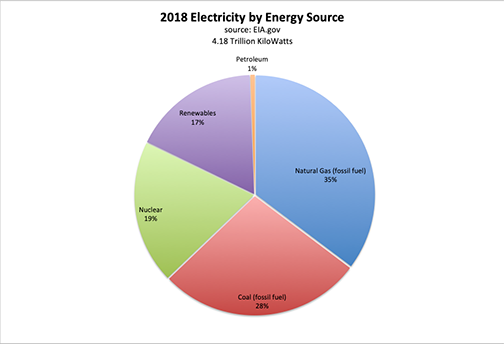
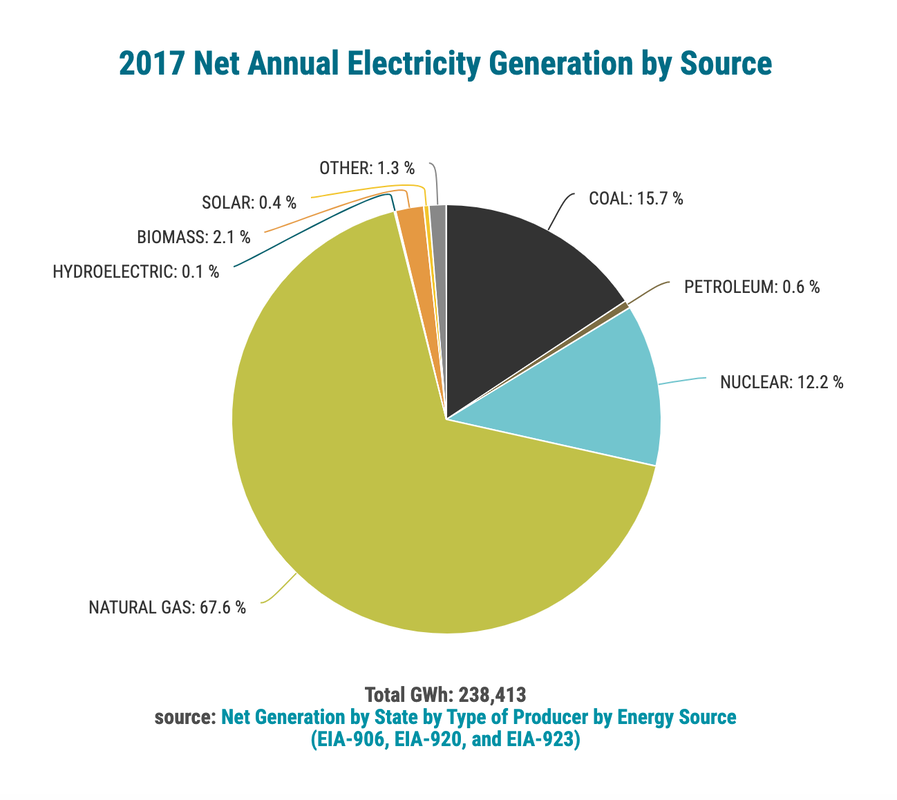
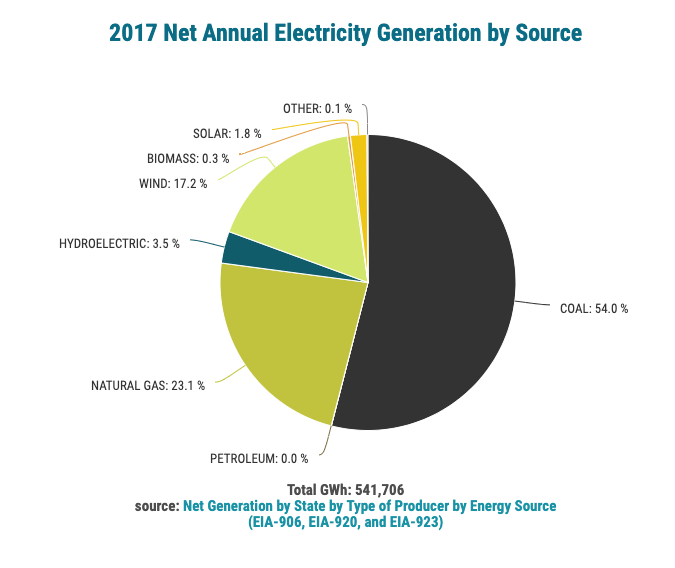
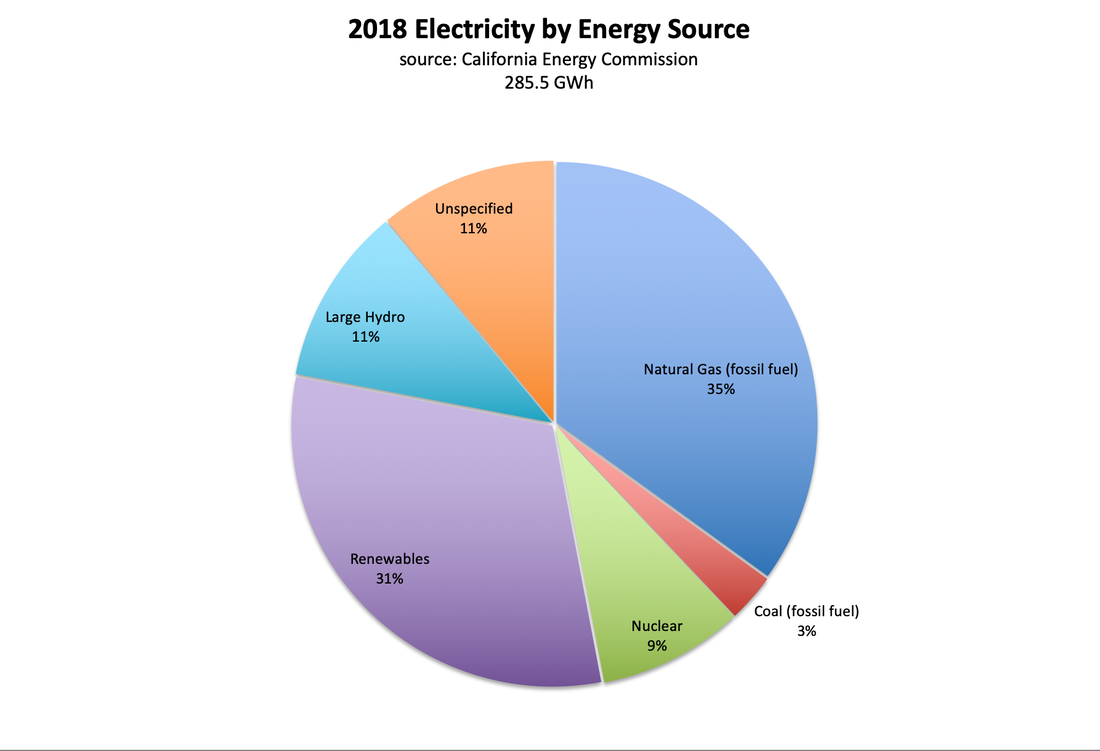
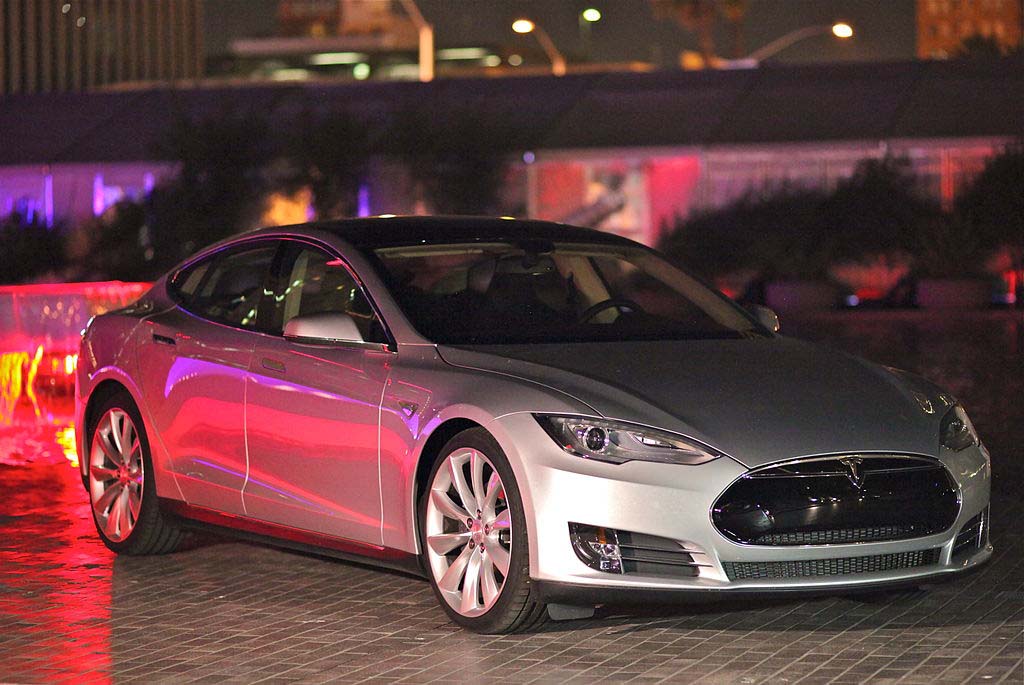




 RSS Feed
RSS Feed